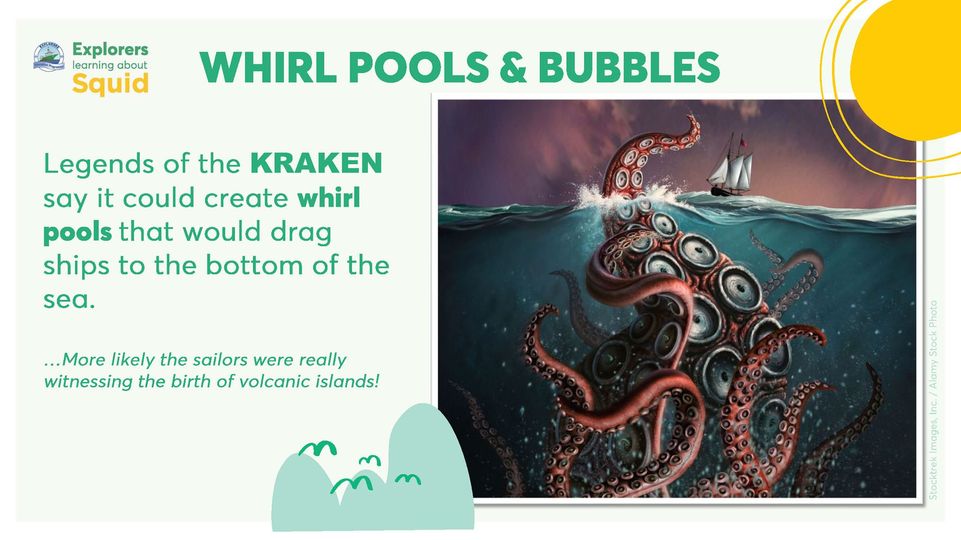The Marine Institute’s Explorers Education Programme are Celebrating Cephalopods as they launch their new educational resources for primary school teachers and children, called Explorers Learning about Squid: Cephalopod Science Investigations.
Leave No Trace Outreach Officers are now taking bookings for limited free school live online modules. The modules, featuring the newly developed Learning About Squid resources, include an interactive film showing a scientific squid dissection, resource books about squid species, presentations showcasing the squid species on all guises. The modules are suitable for 5th & 6th class primary school students and are currently available in Sligo, Donegal, Leitrim, Mayo, Limerick, Louth and Wexford. Get in touch today at [email protected] to secure a virtual visit for your class between now and mid December.
“Marine scientists around the world have been studying squid for many years, learning about their evolution, what they eat and what eats them, as well as their habitats and distribution in the global ocean. When talking about cephalopods, we often think of the charismatic octopus, or the cuttlefish and their ability to change colours. However, squid also have special qualities, including the ability to see long distances in the dark, and being able to fly above the water. Supporting the publication of these materials, as a free online resource, that can be downloaded from explorers.ie helps the Marine Institute and the Explorers outreach teams bring the ocean to the classroom in an exciting and interactive way,” said Patricia Orme, Corporate Services Director at the Marine Institute.
“With over 300 species of squid around the world, some as large as school buses and others as small as your fingernail, squid have been a point of interest for story tellers, artists, film makers and museum curators, to name a few. Led by the work of scientists, researchers, and story tellers, the Explorers team are delighted to have produced a series of resources that will inspire teachers and children to learn more about the ocean, and possibly become ocean explorers themselves,” explained said Cushla Dromgool-Regan, Strategic education and communications manager, the Camden Education Trust.
The Learning about Squid dissection and facts film is supported by three books that are free to download from its website explorers.ie and include: Explorers Cephalopod Science Investigations: SQUID FOR BEGINNERS, Explorers Cephalopod Science Investigations OUR FAVOURITE SQUID SPECIES, and Explorers Cephalopod Science Investigations: MY SQUID WORKBOOK.
“The books, along with presentations and lesson plans, focus on the squid’s anatomy and special features. The resources highlight how squid have inspired research, influencing science, technology and engineering, as well squid connections with food, fishing, and climate change. The books also allow teachers, outreach teams, and children to examine the fascination that people have with the larger squid species, including the mythical sea monster ‘The Kraken’. With this content, teachers can expand their lessons covering arts, languages, and history through story-telling as well,” Ms Dromgool-Regan further added.

